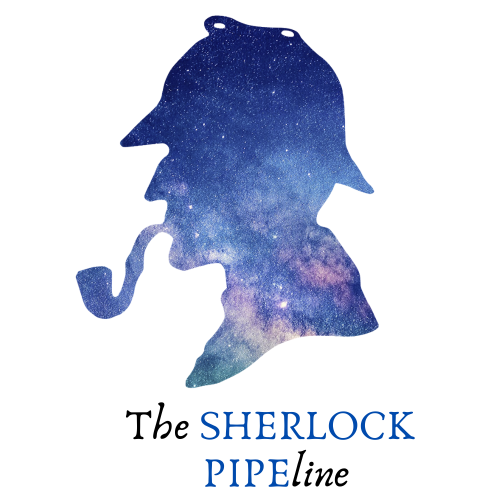PySnacks 4: the SHERLOCK pipeline
Online
PySnacks
Within the Severo Ochoa Training Initiative of the IAA-CSIC we are offering short introductory practical courses about Python packages for astrophysical applications (PySnacks). We invite you to participate in the 3h course PySnacks 4: the SHERLOCK pipeline.
Abstract
SHERLOCK is an end-to-end public pipeline that allows the users to explore the data from space-based missions such as TESS and Kepler/K2 to search for planetary candidates. It can be used to recover alerted candidates by the automatic pipelines such as the Science Processing Operations Center (SPOC) and the Quick Look Pipeline (QLP), the so-called Kepler objects of interest (KOIs) and TESS objects of interest (TOIs), and to search for candidates that remain unnoticed due to detection thresholds, lack of data exploration or poor photometric quality. To this end, SHERLOCK has six different modules to (1) acquire and prepare the light curves from their online repositories, (2) search for planetary candidates, (3) vet the interesting signals, (4) perform a statistical validation, (5) model the signals to refine their ephemerides, and (6) compute the observational windows from ground-based observatories to trigger a follow-up campaign. SHERLOCK is being used in the SPECULOOS and FATE projects and can be applied to all kinds of similar projects with ease.
This course is being organized by Cristina Rodríguez and Fran Pozuelos and it will be taught by Fran Pozuelos (IAA-CSIC) and Antoine Thuillier.
Workshop content
The workshop will be performed as follows:
- General presentation of SHERLOCK. Introduction about the motivation to develop this pipeline and its capabilities compared to others and some projects that use it. (~0.5h)
- The SHERLOCK workflow. Explanation about all the steps performed by SHERLOCK and how to vet the results to identify a detected signal as a potential planet. (~1.5h)
- Examples. In a hands-on session, examples of a SHERLOCK execution will be given. (~1h)
Workshop materials
Repository for this tutorial: https://github.com/iaa-so-training/sherlock-tutorial
Includes:
- Installation instructions
- Examples: Notebooks, yaml examples and full examples
- Additional materials
Additional information
- SHERLOCK repository: https://github.com/franpoz/SHERLOCK
- SHERLOCK documentation: https://sherlock-ph.readthedocs.io/en/latest/

This event is supported by the "Center of Excellence Severo Ochoa" award to the Instituto de Astrofísica de Andalucía. We acknowledge financial support from the Severo Ochoa grant CEX2021-001131-S funded by MCIN/AEI/ 10.13039/501100011033 from the Instituto de Astrofísica de Andalucía.
Laura Darriba
